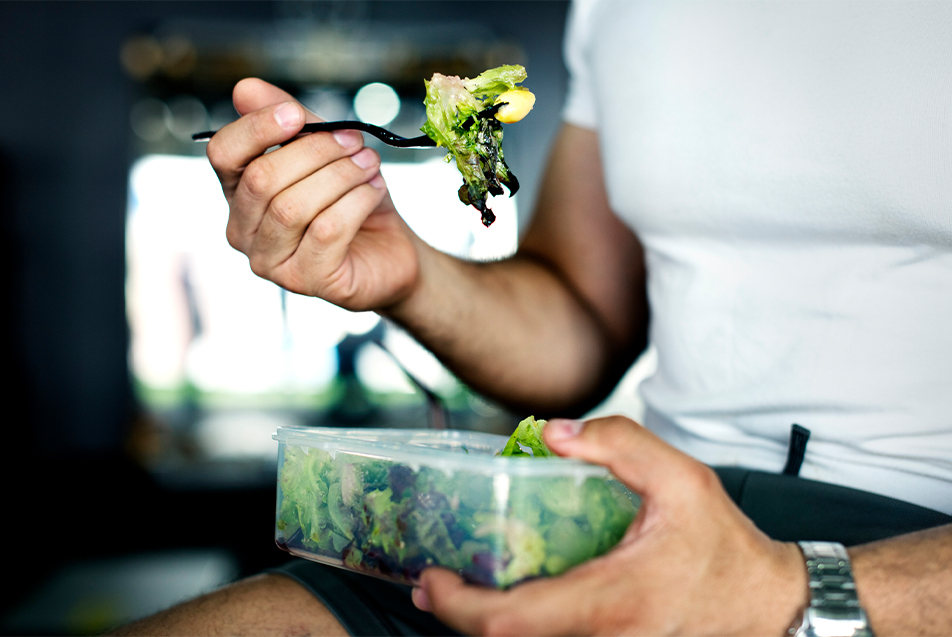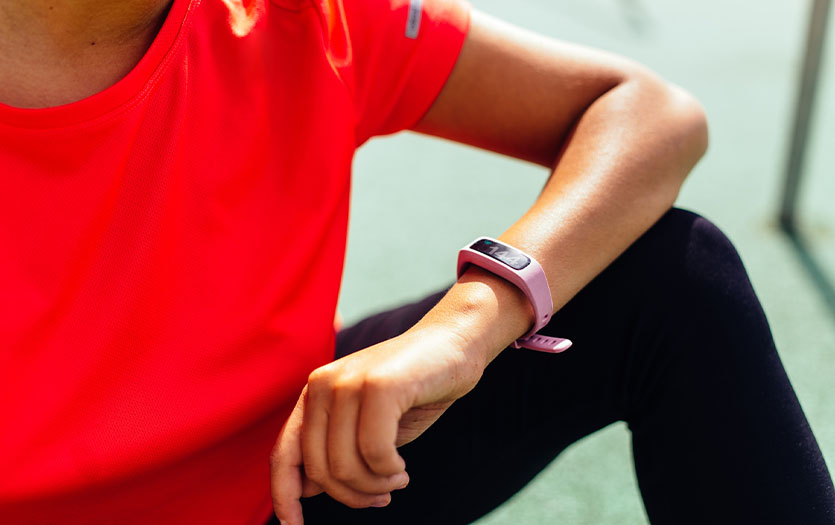
This post was written by Sami Kauffman, MA, RD, CD, sports dietitian, Parkview Sports Medicine.
Endurance athletes have some unique traits compared to athletes in other sports. Long-distance runners, cyclists and even soccer players are often built differently from a physical standpoint; they need less upper body muscle mass while their smaller size allows them to remain cooler in warm environments. Like other competitive athletes, endurance athletes need strong mental endurance, focus, drive and resilience. And just as their body type and training demands are different, so too are their nutrition and hydration needs.
Fueling for endurance performance
A proper nutrition and hydration plan assures that an endurance athlete has the energy to train and prepare for competition, while preventing injury and illness. A proper fueling plan dictates the amount of food and fluid needed to maximize performance and minimize any gastrointestinal issues during training and competition.
Specifically, endurance athletes need to be sure to get enough calories, carbohydrates, electrolytes, iron and calcium. Their needs for each of these nutrients are typically higher than other athletes, due to the duration and intensity of their training and competitions.
Establishing a fueling plan
Endurance athletes need to go into an event well-fueled and well-fed. This requires a consistent, long-term fueling plan, not just eating some carbs the evening before or day of. They need to include protein, fat and carbohydrate sources at all meals.
Depending on where they are at in their training plan, their carbohydrate needs will vary. General rules for carbohydrate needs are:
- First, find your weight in kilograms (kg). Divide your body weight in pounds by 2.2 and note this number for the calculations below.
- On rest days or days when training is less than one hour, you’ll need 5-7g of carbohydrates per kg of body weight.
- On moderate training days (2-3 hours of training), you’ll need 7-8g of carbohydrates per kg of body weight.
- High-intensity training days of 3-4 hours may require 8-10g of carbohydrates per kg of body weight.
- Very high-intensity training days of more than 4 hours may require 9-12g of carbohydrates per kg of body weight.
Females should aim for the lower end of the ranges and males should choose the higher ranges.
Proper hydration helps athletes maintain a lower core temperature, heart rate and perceived exertion. Each athlete has unique fluid and sodium needs due to variances in sweat rates and sodium concentration in their sweat. Water is a good thirst quencher but is not effective at maintaining hydration. Endurance athletes need beverages that provide sodium and carbohydrates to meet both their fluid and energy needs.
During events, carbohydrates should be the primary fuel for the athlete as they help maintain consistent blood glucose and energy levels. Energy chews or gummies can be used if they do not upset the athlete’s stomach, but foods such as honey or maple syrup sticks, potatoes, sports drinks, pretzels, dried fruit or fruit purees, gummy candies and fruit snacks or bananas may settle better.
It’s important to remember that fueling plans should be individualized and practiced before the event to ensure that the selected foods and beverages don’t cause gastrointestinal distress.
If you need assistance developing a fueling plan for your training or event, please reach out to us at Parkview Sports Medicine. Call 260-266-4007 for more information or to schedule a consultation.



